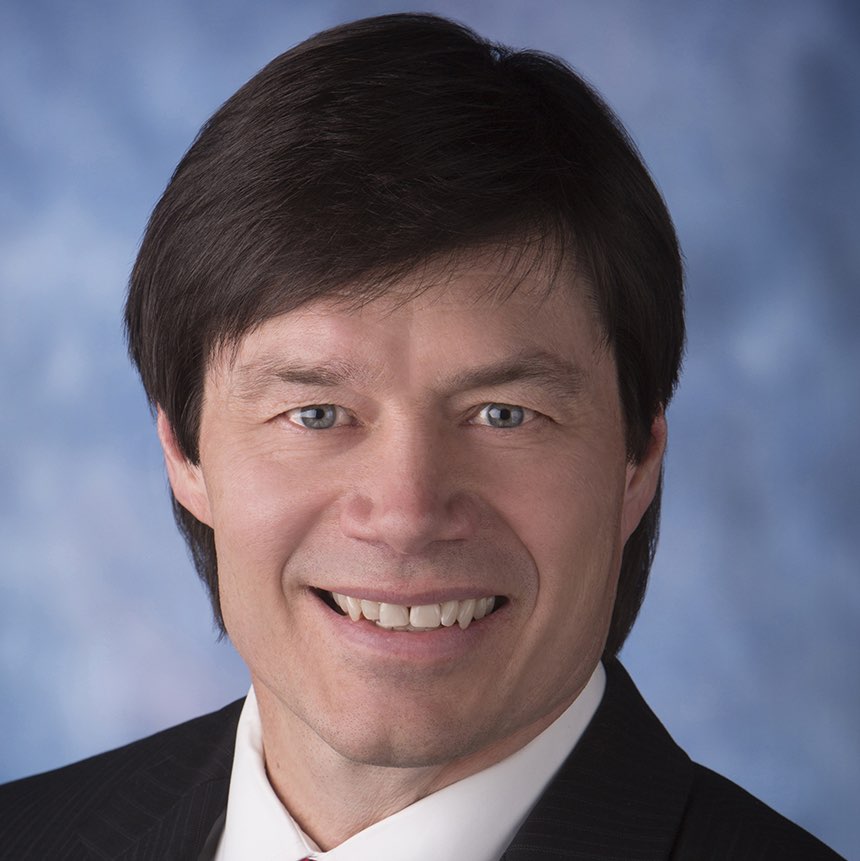3 minutes
Of all the chapters in life, let’s consider retirement. This may seem like a strange place to start a reflection on leadership, but that is precisely what Stephen Covey does in his book The 7 Habits of Highly Effective People. He introduces his recommended second habit with the title, “Begin with the end in mind.”
Recently, I was privileged to attend a company retirement celebration, which brought to mind Covey’s second habit. Going to such an event can drive those in attendance to consider: What will my retirement look like? Who will attend? What will they say? It certainly gave me pause. Personally, I would like my retirement to call to mind the George Strait lyrics, “Life’s not the breath you take, but the moments that take your breath away.”
How do you envision the end of your career, and how might that vision guide your approach to leadership? Each of us grows closer to the retirement milestone daily. What will we celebrate at our parties? What might we regret? How do these expectations about retirement influence our activities and interactions—our discretionary effort—in the present?
“If you don't make a conscious effort to visualize who you are and what you want in life, then you empower other people and circumstances to shape you and your life by default,” Covey writes. To begin with the end in mind offers a heightened perspective on what we might strive to achieve as credit union leaders and how we attain those goals—and help others attain theirs.
Leaders must nurture a culture in which everyone can authentically pursue their passions. Gracefully letting go of those who do not fit is as essential as inspiring those who do. Effective leaders initiate and encourage others’ initiatives. Retirement party stories of uncommon grace exhibited by those in authority and those with limited official power are equally compelling. Effective leaders know what is right for people because they care about them. They exemplify a “care-frontational” approach and engage the people they lead in a meaningful, emotional connection—the foundation for a shared belief that striving to achieve organizational goals can produce something bigger than themselves.
Who inspires us? Where does that inspiration come from, and where does it lead? What can we do to pay it forward? Our discretionary efforts are remembered by those who are affected by them and are shared when we are privileged to look back and celebrate. Each of us is in a unique position to make our effort matter, whether as receptionist or CEO. What time and talents will we contribute to support our family, friends, colleagues, and communities? It is the nature of our world that resources are scarce, but when we strive to lead a life well-lived—and to model that example—opportunities abound.
Amid the chaos, scarcity, and ugliness of the world, it is important to be the kind of person and leader who looks for and finds the order, abundance, and beauty that surrounds us. The retiree we celebrated exemplifies a person who is grateful, joyful and hopeful, regardless of the circumstances. She makes a positive difference in others’ lives. Effective leaders exhibit these traits and associate with others who are like-minded. Thanks to Roberta for inspiring me through her contributions and loyalty to her personal and company values, which have obviously been authentically interwoven!
Neil Stanley is CEO and founder of The CorePoint, a financial services management solutions company with online tools that showcase improved member/client experiences, and the president of community banking with TS Banking Group.






